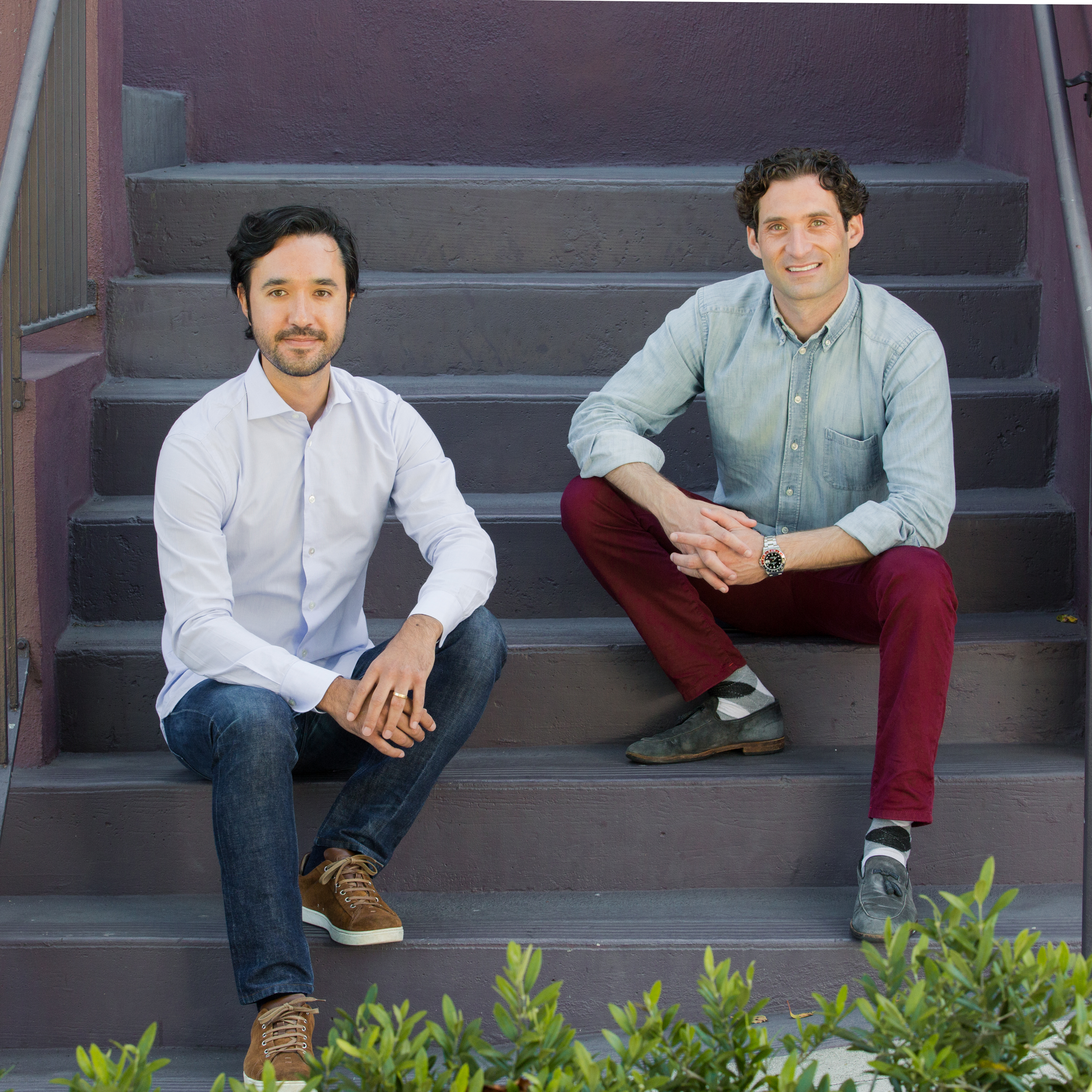
Northern California-based Avenue 8 doesn’t want to disrupt the real estate industry, they want to build an agent-first, modern brokerage and they raised $4 million in funding to do it.
A real estate agent and a private equity guy walk into a bar—and plot to revamp the traditional real estate brokerage model. That’s the story (well, I made up the part about a bar) of Justin Fichelson, co-founder and the real estate agent, Michael Martin, co-founder, and the private equity guy. Together, they founded Avenue 8, based in San Francisco and serving Northern California, what Fichelson describes as “a mobile-first, agent-centric modern brokerage.” Launching in March 2020, the pair quickly raised $4 million from Craft Ventures, Zigg Capital, and Good Friends (an early-stage fund from the founders of Warby Parker, Harry’s, and Allbirds). “It was a crazy time to launch, but it worked in our favor in many respects. We are all about being mobile-first, and we allow agents to save more of their income while providing services that are relevant to today’s needs,” says Fichelson. Since launching, the company has grown to 50 agents and counting.

Fichelson (on right above) and Martin (left above) say they saw how the pandemic accelerated the changes that were already occurring, such as the retail market moving online and office buildings going vacant. “This notion that someone’s going to walk into a real estate office today and say, ‘Hey, I want to sell my house,’ isn’t happening anymore,” he says. “Consumers want agents who are accessible and can serve in an advisory role. That requires being mobile. We see brokers who are operating the same as they did in the 1970s, with traditional brick and mortar office space and services that support agents who work in an office.” He notes that the overhead to have a “fancy office space in a prime area and the insane cost of office staff” forces traditional brokers to keep raising splits to retain successful agents. “It’s not feasible anymore.”
Hmm, sounds a lot like the eXp Realty business model, right? Fichelson describes it like this, “If you want an electric car, before Tesla, you had to go with inferior performance and design, like a Chevy Volt. That was your only option. Now, you can go with Tesla and have a high-performance vehicle with great design. It’s the same for us. It’s not that the virtual model didn’t exist before. The difference is that we are high touch—a luxury service for agents.” He notes that Avenue 8 brokers are always accessible. “If an agent needs help with a transaction, we’re there. We value culture. We provide this high-level service at a cost that allows the agent to reinvest in their business.”
So, what exactly does that mean? Most brokerages claim to offer “more and better” services than their competitors. “We take agent’s feedback to heart. We’re not going into things blindly and building a platform that we hope agents use. That wouldn’t be a good use of our money. Our philosophy is to build the foundation for our technology and then bring on products from third parties to integrate into our system. We’re taking a lesson from brokerages like Compass that spent millions on a CRM that had minimal adoption, so they ended up purchasing Contactually.” He mentions that companies spend millions of dollars on technology that gets a low adoption rate because it’s difficult to learn. “Frankly, agents then revert to using their Excel spreadsheets and notepads. The goal of technology is to save agents time.”
Fichelson notes that the brokerage did a lot of research into the applications that agents use the most, like “Postmates, Caviar, Uber, where it’s a press of a button, and you get a service. They have a straightforward interface. That’s how we deliver marketing services. We want agents to spend their time on activities that make them money.”
Of course, all of this takes money, which is where the funding comes in. Also, Avenue 8 has a subscription-based model. When asked about it, Fichelson says, “It’s something we like keeping more private simply because we don’t lead with that. We lead with our brand, services and marketing support.” He says they have a mix of agents, from newbies to veterans. “The veterans joined, not because of the economics, but because of the services. They were already at 92+% splits [with their previous brokers]. We don’t believe in traditional commission splits. We have a reasonable flat fee instead.”
As for expansion plans in California and other states, they are definitely on the table. “We have very clear plans that will likely come in 2022. We’re thinking differently in terms of our growth path than our competitors. We don’t want Avenue 8 to look like any other real estate company. What motivates us—drives us—is the idea of building a company that will shape the real estate industry.”



